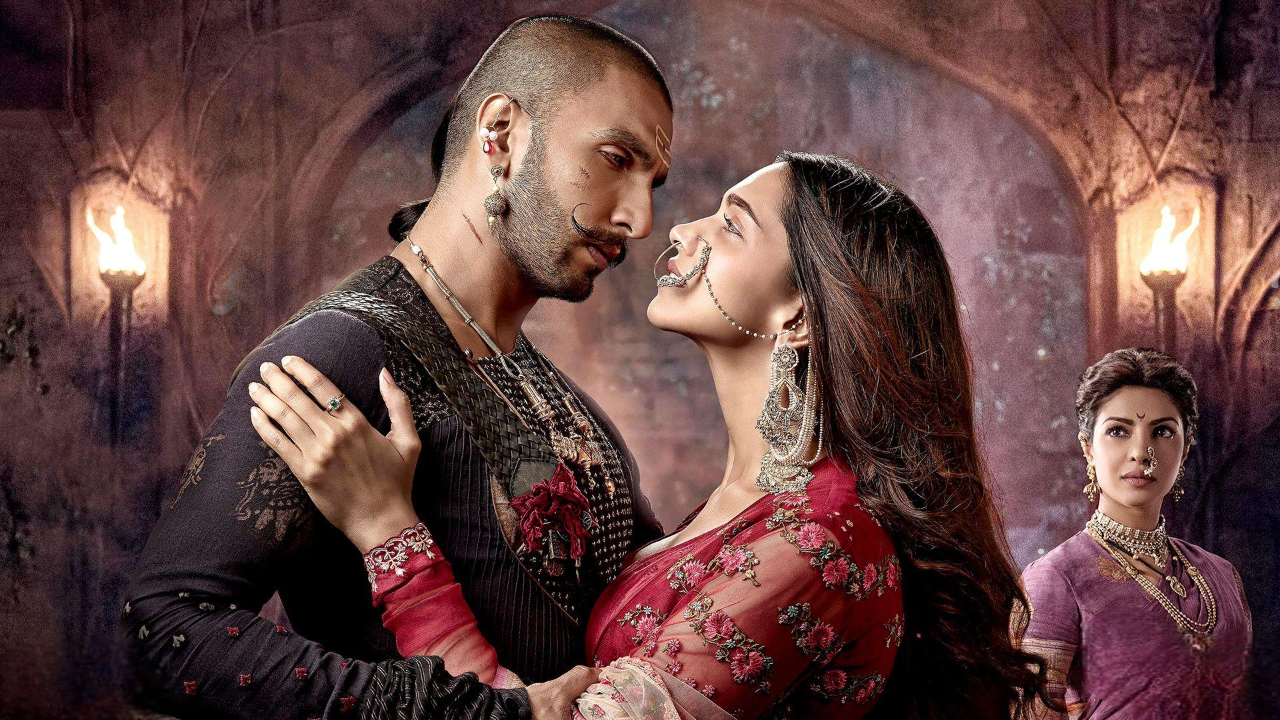You might be reading this from a familiar place, in love with one person, dreaming of a shared home, a future wedding, or already living that life. You might believe, with all your heart, in forever with one other. That belief is beautiful. This letter doesn’t challenge your love. It simply asks, what if there’s more than one way to love well? Because somewhere, not too far from you, maybe in the next room, the next building, or your own friend circle, someone is loving differently. With the same tenderness. The same commitment. The same care. But not with one person. With many.
That someone is polyamorous.
And that word, still whispered, still misunderstood, deserves your attention. Not to convert you, but to help you see the world of love a little more clearly, a little more generously.

Polyamory isn’t a rebellion; it’s a choice
Polyamory is the practice of engaging in multiple consensual, loving relationships at once. It’s not cheating, it’s not a loophole, and it’s not about insatiability or indecision. It’s about honesty. About making room for love that doesn’t follow the script — and still means everything. In India, polyamory is still emerging from the margins. Unlike in parts of the West where it’s gaining cautious visibility, here it remains mostly private. There are no rituals to mark it, no legal frameworks to protect it, and no vocabulary to normalise it in everyday conversation. And yet, it exists. In messages sent between partners, in shared living arrangements, in open discussions behind closed doors.
Some couples in urban India are beginning to explore polyamory, not because monogamy is broken, but because they’re asking themselves deeper questions. What does commitment really mean? Is love truly scarce? Must desire and devotion always be packaged in twos?
Why this matters; even if you’re monogamous
The way we define love shapes everything: our expectations, our heartbreaks, our rituals, and even our weddings. Polyamory matters because it expands that definition. It says: love is not a zero-sum game. Loving more than one person doesn’t mean loving them less. It means understanding love as a practice, not just a feeling.


Here’s what polyamory can teach even the most monogamous among us:
- That jealousy isn’t proof of love, but a mirror into our own insecurities.
- That commitment doesn’t mean possession; it means presence.
- That boundaries, when openly discussed, are more powerful than unspoken rules.
- That desire and loyalty can coexist, even when shared.
Monogamy can be wonderful, yes. But so can knowing that there’s not just one story worth telling. Polyamory isn’t about rejecting love, it’s about multiplying it. And whether or not you choose that path, knowing it exists (and why people choose it) makes you a more compassionate, conscious partner in your own life.
But what about commitment?
It’s a question that polyamorous people are constantly asked: Can you really be committed to more than one person? The answer is… absolutely. But the form looks different. Commitment in polyamory isn’t about exclusivity. It’s about consistency, showing up, making time, holding space, and being honest even when it’s hard. It’s emotional labour, no doubt — but it’s intentional, not accidental.
Some people in poly relationships cohabitate, raise children, care for each other through illness, celebrate anniversaries, and grow old together. Some mark their commitments with rings, shared tattoos, rituals of their own making. Some even marry one partner and still maintain deep, loving relationships with others. The key idea? Love is abundant. Time, energy, and communication need to be managed, but the heart is not a limited resource. In a culture like India’s, where marriage is still treated as the pinnacle of life, polyamory quietly asks us to reimagine not just how we commit, but why.
Weddings revisited
If weddings are about declaring love, what happens when that love doesn’t fit into a neat binary?
Polyamorous people still celebrate their unions, though often outside the legal system. Some host ceremonies to honour their commitments, inviting chosen families and partners. Some celebrate anniversaries with multiple people. Some even participate in monogamous weddings, while still being part of a broader poly network.
These acts may not always be legally sanctioned, depending on the country, but they are no less real. Just because something isn’t recognised in law doesn’t mean it isn’t valid in life. Perhaps the wedding industry doesn’t need to abandon tradition, but it could make space for these other forms of love. Not everyone wants a white dress, a grand ballroom, or a “big fat” anything; some want something quieter, more intimate, and truer to their own definition of commitment.

In many parts of the world, polyamory still exists in the shadows. There’s no clear cultural script to follow, few legal protections, and minimal representation in mainstream media, aside from the occasional scandalised headline or steamy plotline. People in poly relationships often conceal their truth from families, employers, and even close friends. The fear of being misunderstood, judged, or reduced to a stereotype is real.
And yet, it’s happening. Across bustling cities and quiet towns, from shared apartments in Berlin to queer collectives in London, from dinner tables in Mumbai to artist communities in New York — people are building polycules, networks of romantic and emotional partnerships that operate with intention, tenderness, and deep care. They co-parent, manage illness, split rent, celebrate each other’s wins, and mourn each other’s losses. Love, in all its complex, unorthodox, and expansive glory, is thriving beyond the narrow frameworks we’ve inherited. And that deserves more than tolerance. It deserves visibility. It deserves understanding.
The invitation
This piece isn’t asking you to give up your monogamous love story. It’s asking you to widen your gaze.
Imagine a world where love didn’t need to justify itself in twos. Where your friend’s open relationship isn’t met with judgment but curiosity. Where a child grows up seeing multiple models of partnership and chooses what feels most authentic to them. Where your own monogamous relationship is richer because you learned, from polyamory, how to listen better. Love better. Define better. That world is already being written — slowly, sometimes invisibly, often courageously.
Dear monogamous reader, this is not a trend. It’s the truth. And it’s already unfolding around you. Polyamory matters — not because everyone should try it, but because everyone deserves the right to love fully, freely, and without shame.













